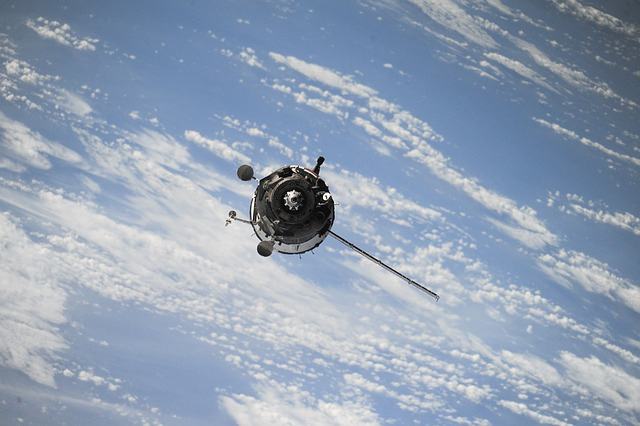
SpaceX led by South African billionaire Elon Musk launched 60 communication satellites on May 23 to earth's orbit and it was the first launch of a planned project named 'Starlink' that aims to send a fleet of 12000 satellites. Soon after the launch, these Starlink satellites moved in a bright line through the sky and this development has now started worrying astronomers.
Apart from SpaceX, private companies like OneWeb and Amazon are also planning to launch a large number of satellites to earth's orbit in an attempt to provide high-speed worldwide internet.
Initially, many amateur astronomers raised their concerns on social media platforms stating that Starlink satellites could affect observations of the night sky. Now, the International Astronomical Union (IAU) has also joined the party and in a recently issued statement, they urged authorities to regulate these satellite launches.
In the statement, the IAU claimed that satellites emitting radiowaves could endanger further studies of the night sky.
"Recently networks, known as satellite constellations, have been deployed and are planned in ever greater numbers in mainly low-Earth orbits for a variety of purposes. The International Astronomical Union (IAU) is concerned about these satellite constellations," said IAU in the statement.
In addition, it stated that "The organization embraces the principle of a dark and radio-quiet sky as not only essential to advancing our understanding of the Universe of which we are a part, but also as a resource for all humanity and for the protection of nocturnal wildlife."
A few days ago, some space experts had warned that the increasing number of satellite launches could affect future space missions, and it may even trap humans on the earth. These experts argued that missions like Starlink could increase the amount of space debris, and it will cause problems for rockets that try to escape earth's orbit.









